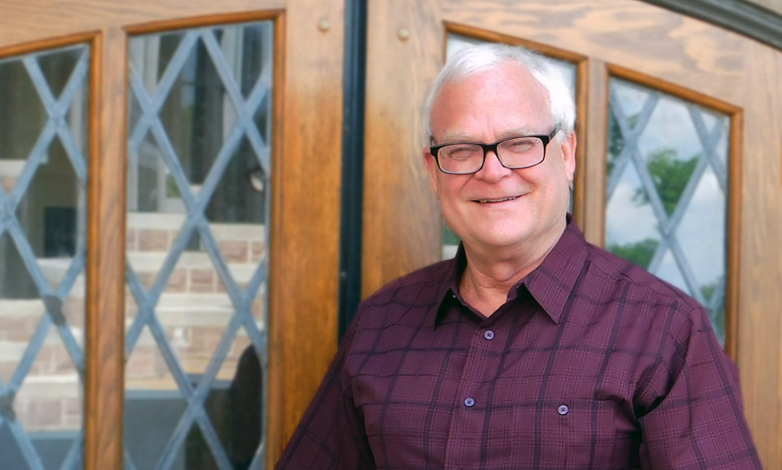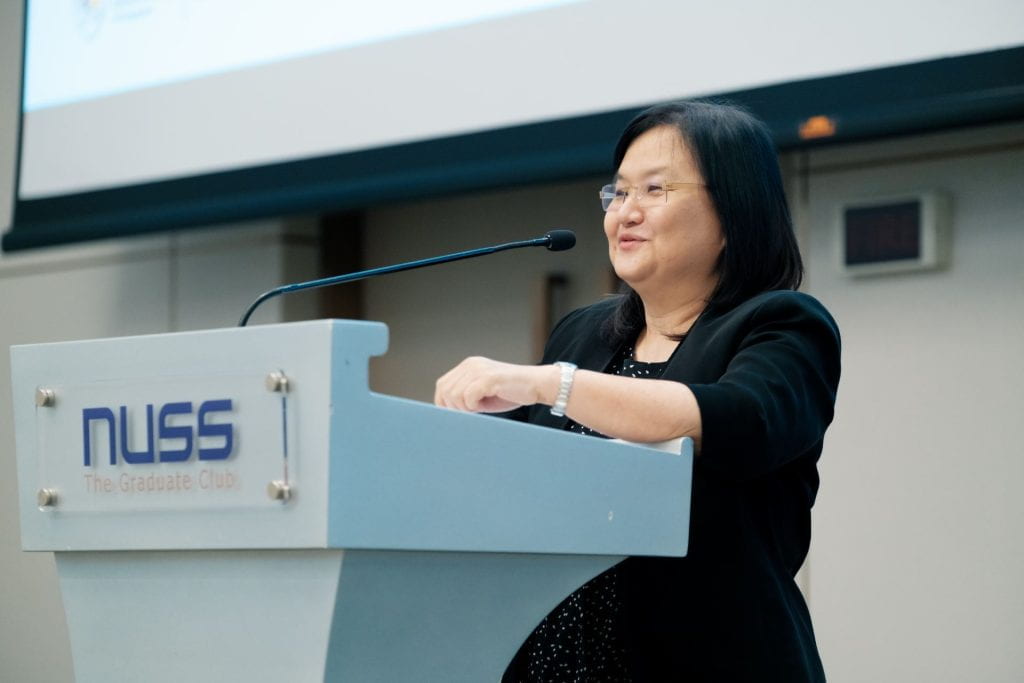Next Age Institute (NAI), a partnership between Washington University and the National University of Singapore (NUS), envisions a world where people develop their capabilities and engage with the world across the life course, and where the poorest and oldest are not isolated in hardship. NAI was formed in 2014 to study, design, and test social innovations in the face of mounting global challenges plaguing families and communities.
The institute’s collaborative work in aging populations, rising inequality, globalization of markets, and the shift to information age technologies has helped build capacity for voice and action and informed positive and lasting changes, not only in Singapore and the United States, but also in other countries in Asia and around the world.
“In moments of financial stress and at critical decision points, informed financial guidance can change lives.”
Michael Sherraden
In the summer of 2022, the National University of Singapore introduced the Frontline Training Project as part of the Next Age Institute’s Singapore Financial Capability and Asset Building (SG FCAB) initiative, launched in 2017 with a focus on training social workers and social work students.
The Center for Social Development at Washington University’s Brown School created the Financial Capability and Asset Building initiative for educators in the United States. The Next Age Institute at NUS adapted the financial capability curriculum to fit the Singaporean context and extended the training to social workers in practice. The SG FCAB at Next Age Institute at NUS and the Center for Social Development’s work on financial capability and asset building set the stage for the center’s similar training initiatives in mainland China, Africa, and elsewhere.
In the new project, the shift from training social workers and social work students to training frontline personnel and volunteers represents a significant expansion for SG FCAB. “This is a meaningful advance,” said Michael Sherraden, the George Warren Brown Distinguished University Professor and NAI director at Washington University. “In moments of financial stress and at critical decision points, informed financial guidance can change lives.”

